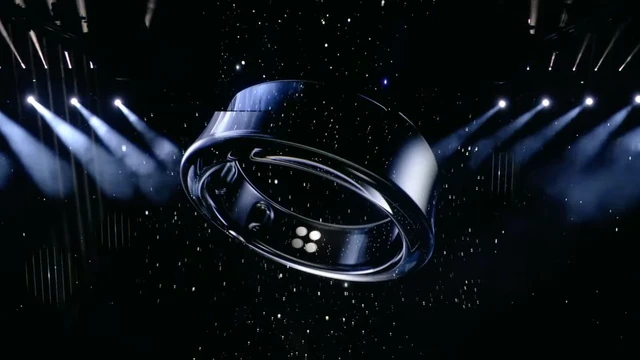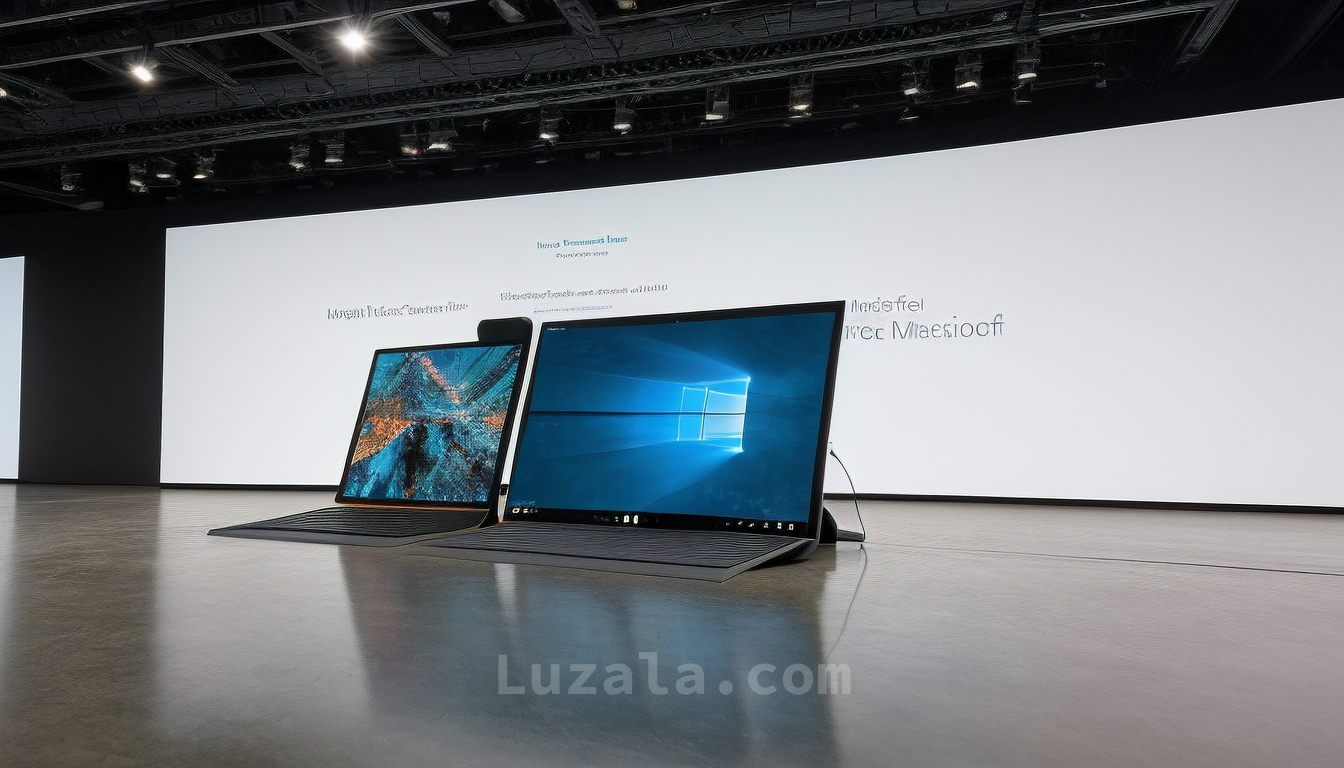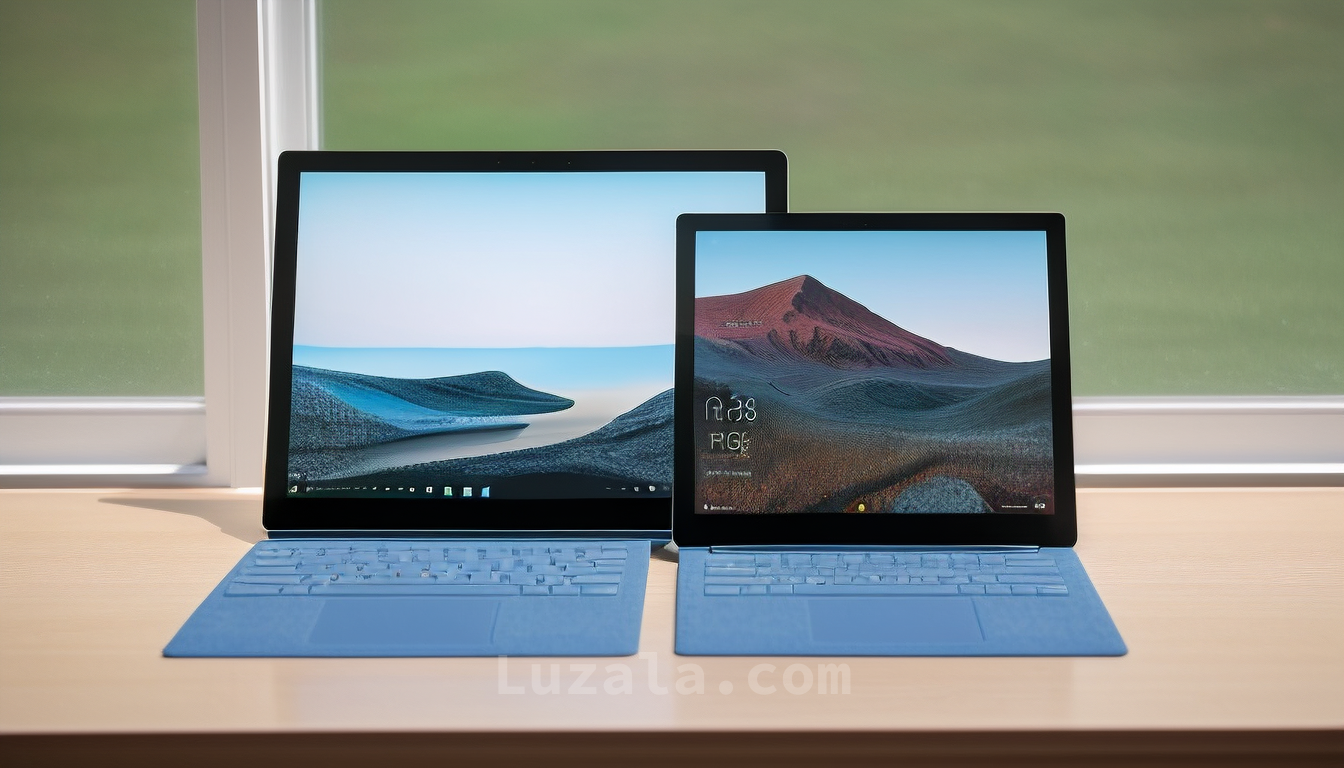The Unfair Burden of Expectation: Starfield's Launch Backlash
Starfield, a Bethesda RPG, faced unrealistic expectations as Xboxs potential savior, triggering online backlash. Managing expectations and a diversified game lineup are key for Xboxs success.
When a game launch transcends mere game release and becomes a matter of personal identity, it signifies a unique phenomenon in the world of gaming. It's a situation where a segment of the gaming community has intertwined their sense of self with the success or failure of a particular commercial product. In today's digital age, the occurrence of online misconduct no longer raises an eyebrow; however, when such launches occur, it's time for everyone to brace themselves for a storm of vitriol, with innocent bystanders often caught in the crossfire.
The last major outbreak of deplorable online behavior surrounding a game launch was arguably the release of CyberPunk 2077. The game's initial reviews rightfully pointed out its unfinished state and technical issues. These observations were met with a shockingly intense reaction from self-proclaimed hardcore fans who had yet to play the game themselves.
Since then, some time has passed, and while console wars continue to fuel online banter—picture me casually dismissing the numerous debates over Final Fantasy XVI's commercial performance since its launch—most game releases have been spared the worst of the online backlash. However, a recent launch shattered this relative calm: Starfield.
The reviews for Starfield began to surface concurrently with the availability of early access for paying players. Even before the reviews came out, there was heated discussion about the critical response, as it was evident that Bethesda had handpicked specific outlets to receive early access for review purposes. This tactic is not new, as many publishers aim to bolster their day-one Metacritic ratings in this manner. Yet, it's not the most appealing strategy, as it risks creating the perception that the publisher lacks confidence in the game's quality if it doesn't allow unbiased outlets to review it. This perception could overshadow any temporary boost in Metacritic scores.
Then the reviews dropped, and amidst the effusive praise from carefully selected outlets, a few voices emerged, echoing what true Bethesda game enthusiasts had known all along and what subsequent reviews would reinforce: Bethesda's RPGs, while incredibly ambitious and creative worlds, are often marred by bugs, glitches, and outdated technology, particularly at launch. These games offer immense rewards, but only if players are willing to overlook their numerous quirks and issues.
Starfield follows this pattern. Much like Skyrim or Fallout 4 before it, it's a game that will find a devoted following among those who relish the freedom and diversity of Bethesda's worlds, even if it means forgiving a plethora of imperfections. A consensus seemed to emerge—Starfield needs patches and polish; it has rough edges and may struggle to appeal beyond Bethesda's well-defined niche. But it's a good game.
However, a vocal segment of the internet went into a frenzy, because being a good game wasn't enough. Starfield wasn't merely supposed to be good; it was expected to be a groundbreaking title that would elevate Xbox's game portfolio to the same level as PlayStation's studio output. It needed to be the game that settled any fanboy arguments about which platform had superior software. And anyone daring to suggest that Starfield fell short of these expectations, couldn't live up to those dreams, was met with graphic death threats, all under the guise of online comedy.
Starfield should never have been burdened with such lofty expectations. The most ardent fans of Bethesda's open-world RPGs would readily acknowledge the presence of bugs and outdated technology, accepting them as part of the package and describing these games as slow-burning experiences that reward players for their time and suspension of disbelief. These games aren't for everyone, and it's not a matter of being a "better" gamer for overlooking facial animations that fall into the uncanny valley or for disregarding glitching enemies. However, this doesn't align with the role that Starfield was thrust into as Xbox's great hope for 2023.
The timing of its launch, as a highly anticipated first-party game arriving at a juncture when Xbox's software lineup needed to demonstrate its worth, inevitably brought immense pressure. It's unfortunate that a Bethesda RPG, with its inherent appeal to a specific niche audience willing to tolerate technical hiccups in exchange for a vast, immersive world, was expected to bear this weight of expectation. Bethesda's games are undeniably beloved but cater strongly to a niche audience. Launching these games always warrants a qualified recommendation—those who love the core experience will forgive the bugs, crashes, and outdated tech, while those who don't will find themselves frustrated by these aspects and perplexed by the game's seemingly universal acclaim.
Without the need to be the standard-bearer for Xbox's hopes and aspirations, Starfield would have faced less controversy. Instead, it was positioned as the Game of the Year contender that would validate Microsoft's substantial investment in developers and publishers and finally make its mark with the three-year-old Series X and S consoles. In the eyes of many consumers, especially those deeply engaged online, this launch wasn't just about releasing a game—it was a pivotal battle in the ongoing console war. Consequently, any critique of the game's imperfections, of which there were many, was perceived as an assault on the Xbox platform, while any praise for its achievements, also numerous, was dismissed as fanatical rambling. The extraordinary level of hype surrounding Starfield may have boosted initial sales, but it may not serve the game well in the long run.
Unlike Skyrim, which launched to an audience of Elder Scrolls devotees who knew what to expect and gradually expanded its reach through patches and word-of-mouth, Starfield debuted to a much larger initial audience. However, it might struggle to grow beyond this initial wave, as the spectrum of responses—from excitement to disappointment, frustration, and everything in between—overshadowed the word-of-mouth potential and colored public perception.
For the sake of Starfield and Xbox as a whole, it would have been better if expectations had been managed more realistically. It's fantastic that the Xbox platform has a major exclusive with a dedicated fanbase, but Starfield would have shone even brighter as part of a broader slate of games releasing in the autumn, rather than as a solitary high-profile exclusive tasked with carrying the platform into the new year. Bethesda RPGs will never cater to all gamers; they're exceptional games cherished by a sizeable niche audience. Building a mainstream platform requires appealing to numerous sizable niches, a strategy that has historically driven the console business. For Xbox, Starfield is a significant step on that path, but it's just one step among many.
Xbox doesn't need a solitary game to serve as its software savior; it needs a consistent flow of high-quality titles throughout the year, supported by a clear roadmap of major releases. Expecting Starfield to singlehandedly fulfill this role was never a reasonable request, even if it was understandable why, in the absence of a diverse release slate, Microsoft kept pointing to its highly anticipated AAA title whenever its software plans were questioned.
I simply wish it hadn't. I wish Starfield were being evaluated as a great yet flawed game, not as a potential platform savior fervently tied to the personal identities of the angriest corners of the internet. Moreover, I hope we can collectively discard the notion that the fate of a platform hinges on the success of a single game.
Download your fonts:
Zipper Fries Font - Free Download
PW Dolmen Font - Free Download
ScrapOHolic Font - Free Download
Vtks Storm 2 Font - Free Download
Vtks Boutique Font - Free Download
Line Fever Font - Free Download
Thrash Party Font - Free Download















Comments